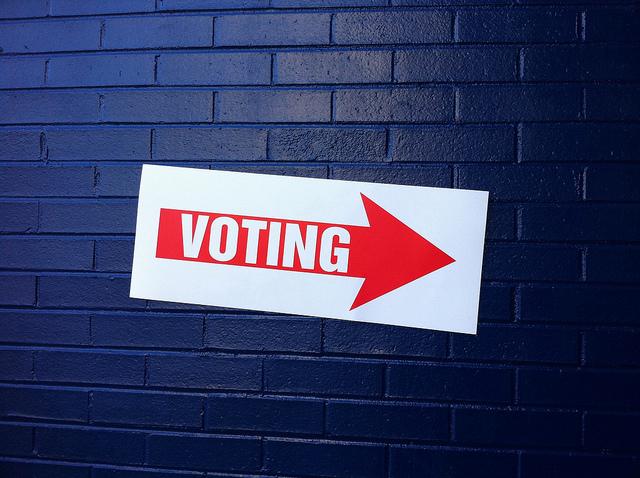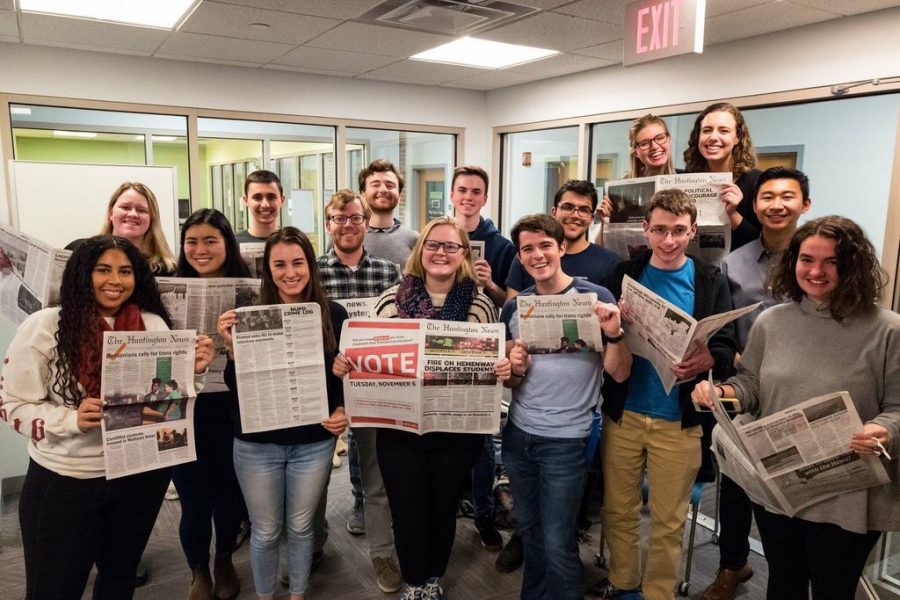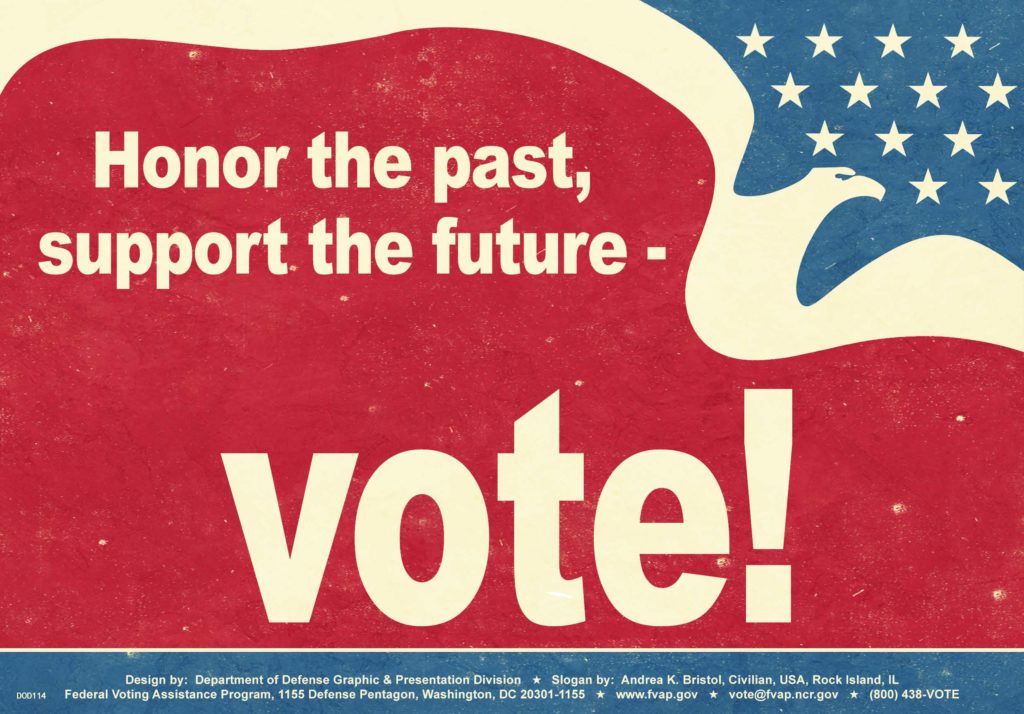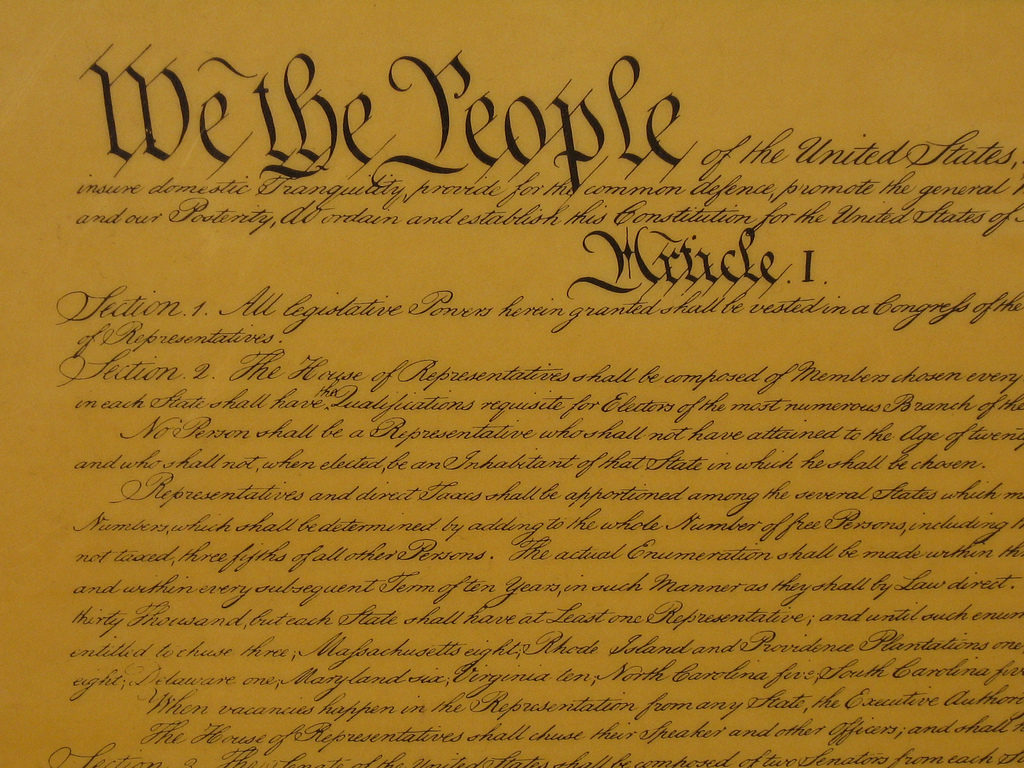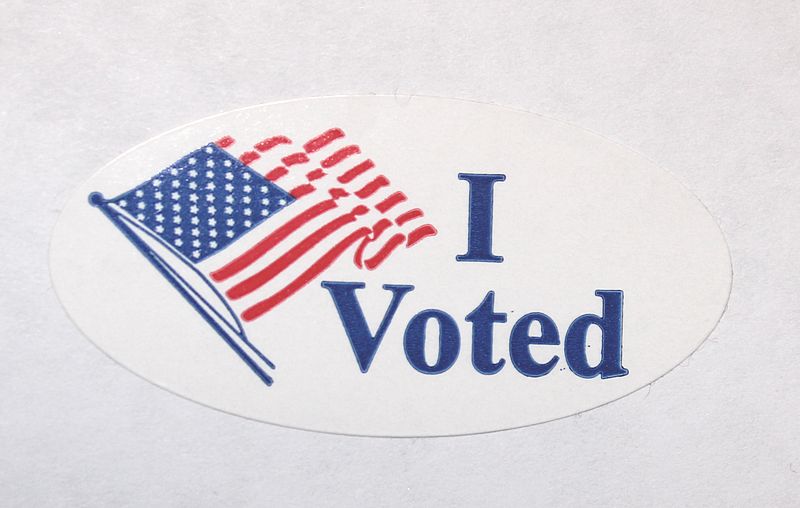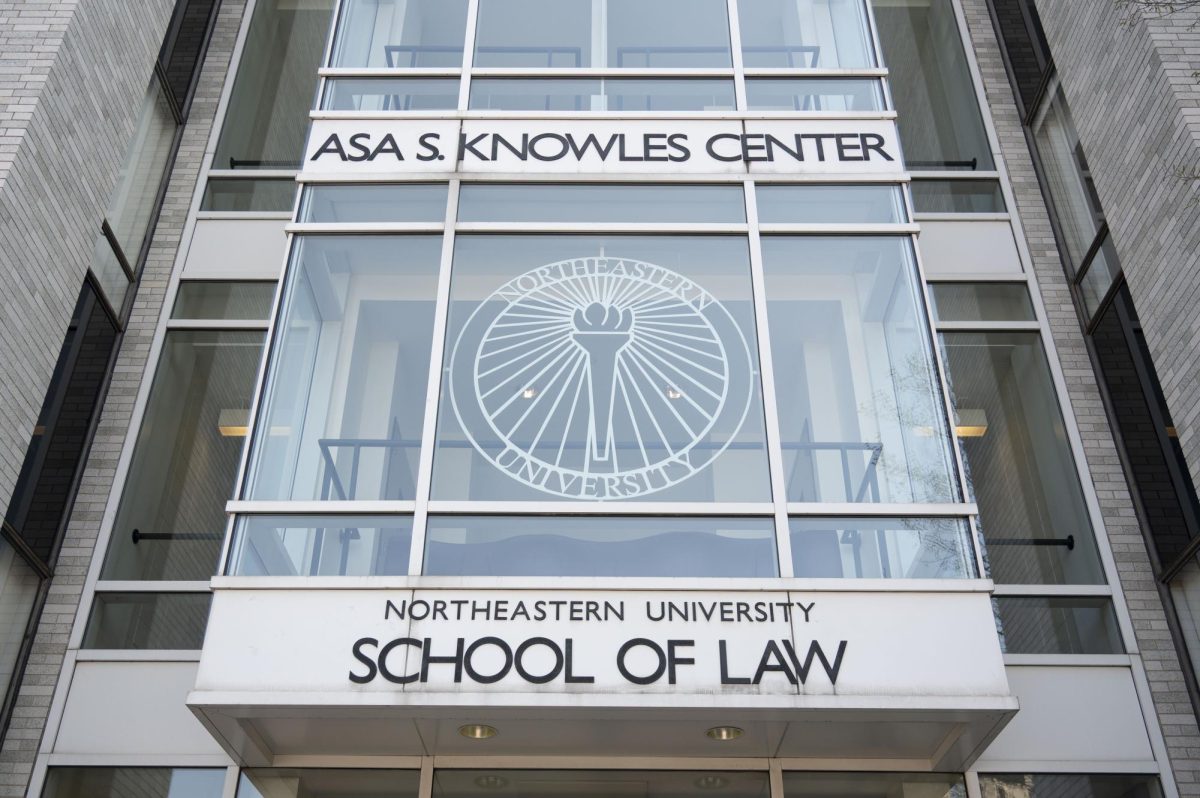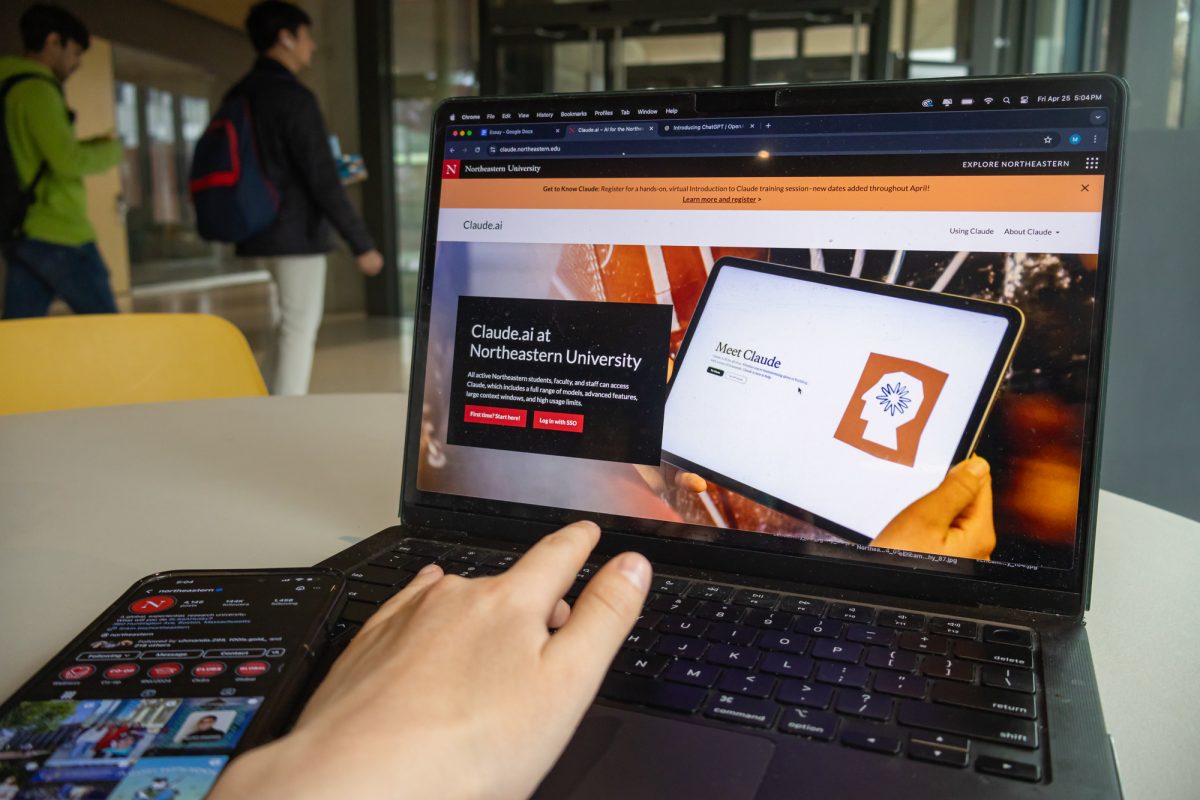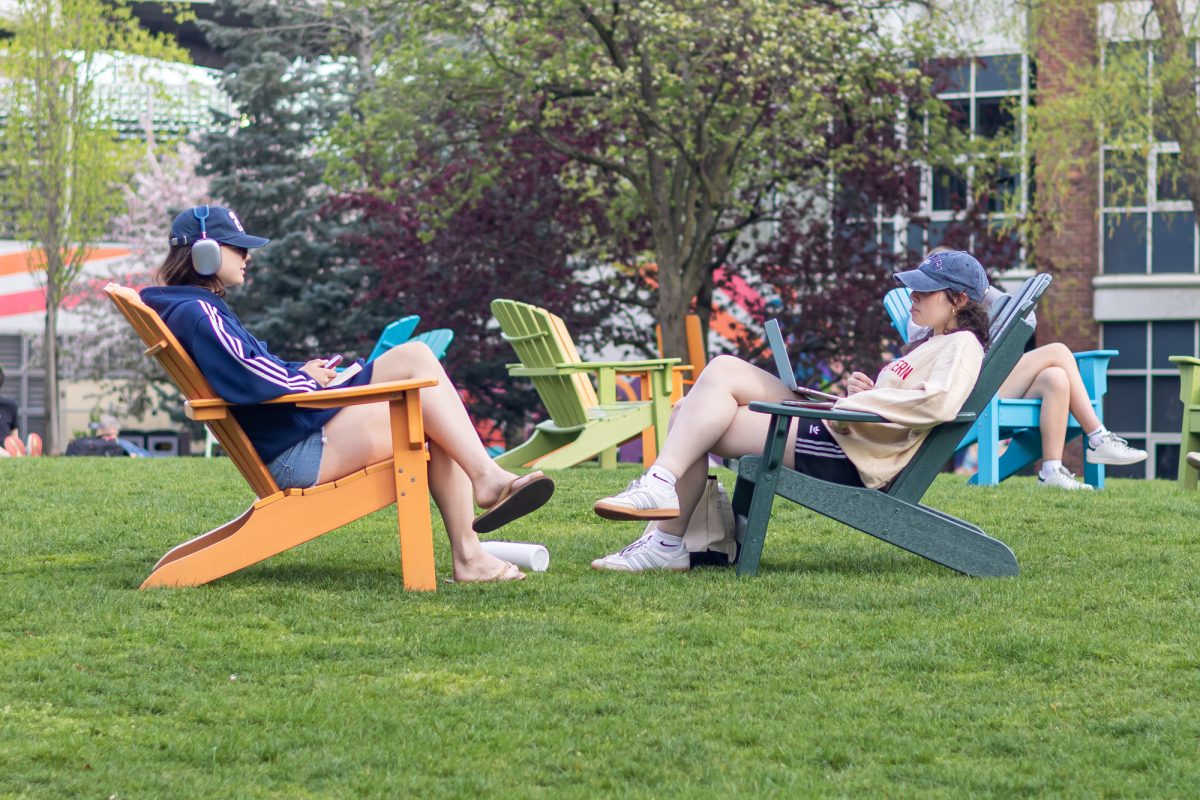While all eyes are on the national presidential election, with most political analyses focusing on Hillary Clinton and Donald Trump – with the occasional bone thrown to Jill Stein or Gary Johnson – big things are brewing in local politics.
Four ballot measures are slated to appear on the Massachusetts ballot on Nov. 8, according to Ballotpedia. Question 1 and Question 2 deal with slots licensing and charter school expansion, respectively. Question 3 would prohibit food products from certain farm animals kept in small cages, while Question 4 would legalize recreational marijuana for people 21 years of age or older.
When students vote, they can choose to vote from wherever they call home, be that Boston or San Francisco. A great deal of the Northeastern community votes in Massachusetts, so it is crucial for these citizens to engage by educating themselves about the state ballot initiatives. Start here:
Question 1
If passed, this proposal would grant the Massachusetts Gaming Commission the ability to issue an additional slots license. A “no” vote opposes it, retaining the current law, which allows three resort casinos and one slots parlor in the state as per the Massachusetts Expanded Gaming Act of 2011.
According to a poll conducted by WBUR in September, 52 percent of respondents opposed the measure, while 37 percent supported it.
The Yes to 1 campaign, which is leading the movement in favor of the initiative, cites a potential for significant increases in revenue and job creation as its main argument. According to its website, if Question 1 is passed, the state will gain over $80 million in new revenue, $12 million to support horse racing (which has a close relationship with gambling), thousands of new jobs and $5 million in revenue for the host city.
Those opposing Question 1 argue that the only reason the initiative is on the state ballot is because developers are seeking personal financial gain. Additionally, opponents do not want more casinos to be built before an analysis of the effects casinos have on communities is performed.
Vote No on 1 and the Committee for Sustainable and Responsible Economic Development are leading the opposition campaign for Question 1. Other opponents include Massachusetts Gov. Charlie Baker and Revere Mayor Brian Arrigo.
Question 2
A “yes” vote on this proposal would authorize up to 12 new charter schools or enrollment expansions in existing charter schools by the state Board of Elementary and Secondary Education per year.
The WBUR poll reported 48 percent of respondents opposing the measure, while 41 percent supported it.
Save Our Public Schools, the group leading the opposition, claims the measure will cause public schools to lose vital funding and force cuts to programs and activities. People supporting charter schools include parents who want better opportunities for their children than they believe public schools can provide.
There are big names on both sides of the question. Supporters include Gov. Baker and State Sen. Michael Rodrigues (D-Plymouth), while opponents include U.S. Sen. Elizabeth Warren (D-Mass.), the Massachusetts Teachers Association and Boston City Council.
Question 3
This measure, should it go through, would prohibit the sale of eggs, veal or pork of a farm animal confined in spaces that prevent the animal from lying down, standing up, extending its limbs or turning around.
Respondents to the WBUR poll showed overwhelming support for the proposal: 66 percent in favor, with only 25 percent opposing.
The arguments in support of Question 3 largely center around animal rights. Supporting groups include the Humane Society of the United States and the Massachusetts Society for the Prevention of Cruelty to Animals. Opponents highlight the potential damage the measure could do to farming families who cannot afford to enact different caging practices. Groups against the proposal include the National Pork Producers Council and National Association of Egg Farmers.
Question 4
If passed, this proposal would legalize marijuana for individuals 21 years of age or older, while a “no” vote would maintain the status quo of keeping only medical marijuana legal in Massachusetts.
Although the count was close, most respondents to the WBUR poll supported the measure. Fifty percent were in favor of it, while 45 percent were against it.
The proposal is contentious in the political sphere. Supporters include former Gov. Bill Weld and a number of Boston city councilors and state legislators, while opponents include Gov. Baker, Boston Mayor Martin J. Walsh and other state legislators. Those in favor of the measure argue that legalizing marijuana will allow the state to regulate it, replacing the dangerous underground market currently in place. On the other side of the aisle, opposing arguments center around the danger marijuana poses to young people and the potential increase in medical costs for marijuana-related accidents.
Register to vote
To register to vote in Massachusetts online, visit this website. The deadline for voter registration is Wednesday, Oct. 19.
Photo courtesy Justin Grimes, Creative Commons


